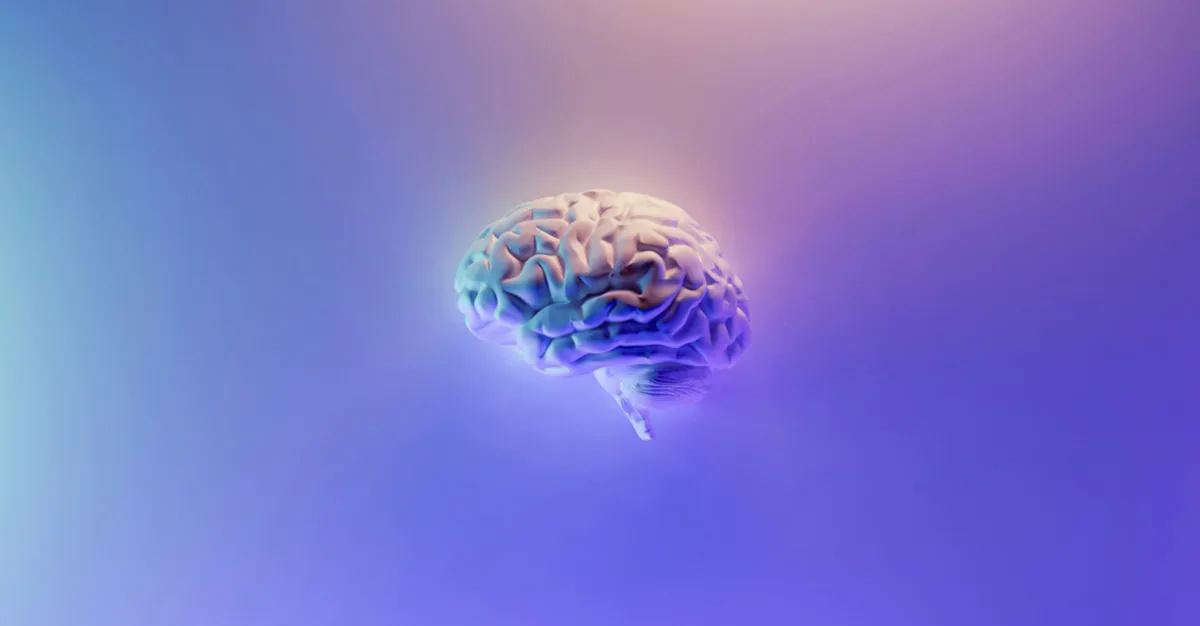
The Brain's Dark Side: The Pursuit of Pleasure at All Costs
Explore the brain's relentless quest for pleasure and its impact on human behavior, from driving innovation to sparking self-destructive habits. Discover how dopamine shapes our desires and the future of human satisfaction.
Human evolution has been driven by our most advanced organ, the brain. Its capacity for innovation and problem-solving has placed us at the top of the food chain. However, this powerful organ also has a dark side, compelling individuals to seek pleasure in ways that can lead to self-destruction.
1. The Brain’s Pursuit of Pleasure Drives Human Progress
Within the human brain, the hippocampal gyrus plays a crucial role by releasing dopamine. This neurotransmitter aids in muscle coordination and fine motor skills, allowing humans to perform intricate tasks such as writing and tool-making. Dopamine also triggers a sense of pleasure, earning its nickname as the “feel-good hormone.”
Various activities can stimulate dopamine production, from savoring delicious food and enjoying intimate moments to seeking thrills and achieving success. Historically, the pursuit of such pleasures has driven human innovation and societal development.
In prehistoric times, the brain’s reward system motivated early humans to seek out sweet and protein-rich foods, which were essential for energy storage, physical strength, and brain development. As basic needs were met, the quest for pleasure led humans to engage in activities beyond mere survival, such as helping others, exploring the unknown, and creating tools. These behaviors laid the groundwork for complex social structures and the dawn of human civilization.
2. From Seeking Pleasure to Creating It
Natural substances like chili peppers, honey, and fruits can trigger pleasure by stimulating the brain. However, easily accessible pleasures can quickly become mundane, prompting the brain to seek new, more intense experiences. This quest for novelty explains why humans often tire of familiar stimuli and crave stronger sensations.
In addition to finding pleasure in nature, humans have learned to create their own sources of intense stimulation. Ancient practices like poetry, heavy drinking, and revelry have modern counterparts in digital entertainment and gaming. These innovations provide powerful new ways for the brain to experience pleasure, driving continuous advancements in art, technology, and culture.
3. The Brain’s Pursuit of Pleasure Can Ignore Survival Needs
Not all sources of pleasure are beneficial. Many can be harmful, and the body often sends signals—such as pain or discomfort—to warn the brain against harmful behaviors. However, the brain’s desire for pleasure can override these warnings.

For instance, smoking and drinking can provide a dopamine boost, but they also harm the respiratory and digestive systems. Despite these risks, many people continue these habits because their brains prioritize immediate pleasure over long-term health. This phenomenon explains why some individuals persist in behaviors they know are detrimental, rationalizing that the consequences seem distant and manageable.
4. The Ultimate Pleasure: The Peril of Drugs
Drugs are the most extreme example of substances that hijack the brain’s pleasure centers. They flood the brain with dopamine, creating an unparalleled sense of euphoria. This intense pleasure quickly leads to addiction as the brain becomes fixated on the drug’s effects, neglecting other sources of stimulation.

However, the euphoria from drugs comes at a high cost. Drugs damage the brain and other organs, leading to severe health issues. Over time, users develop a tolerance, needing increasing amounts to achieve the same high, which exacerbates the risk of overdose and death.
5. Conclusion
While some individuals pursue pleasure to the point of self-destruction, most people manage to regulate their behaviors through rational thought and self-control. The pursuit of pleasure has driven human progress, leading to advancements in philosophy, science, technology, and culture.
As our civilization evolves, our desires for stimulation grow. We cannot comprehend how past generations found contentment without modern conveniences, just as future generations will likely view our current pleasures as primitive. The question remains: how will humanity continue to satisfy the brain’s insatiable quest for pleasure in the future?

